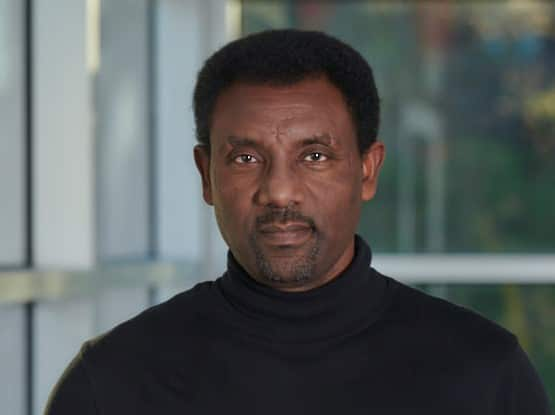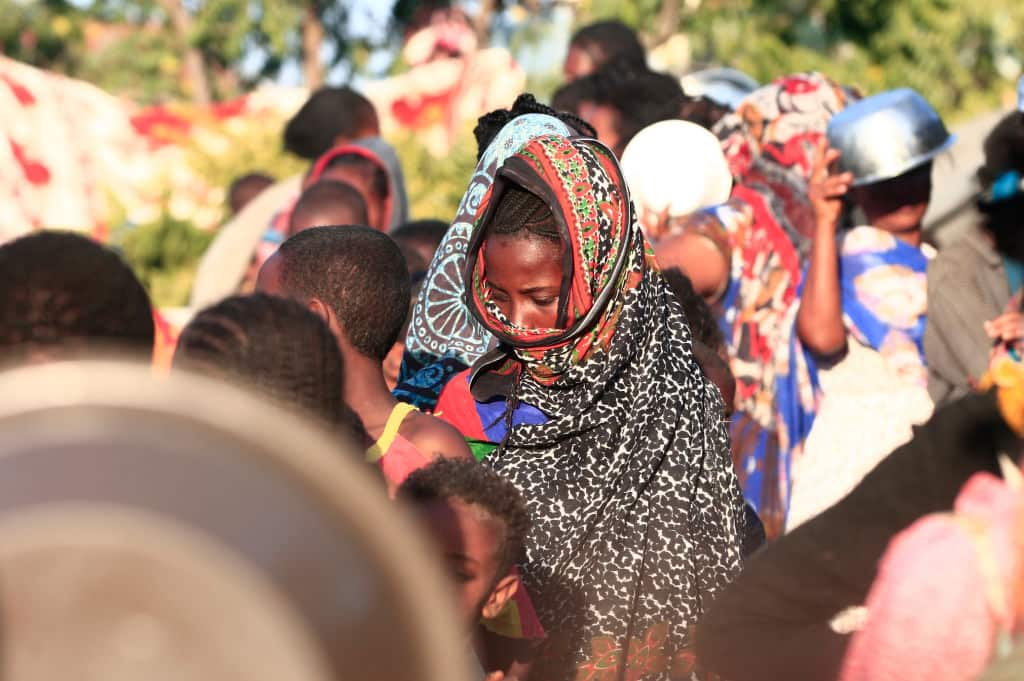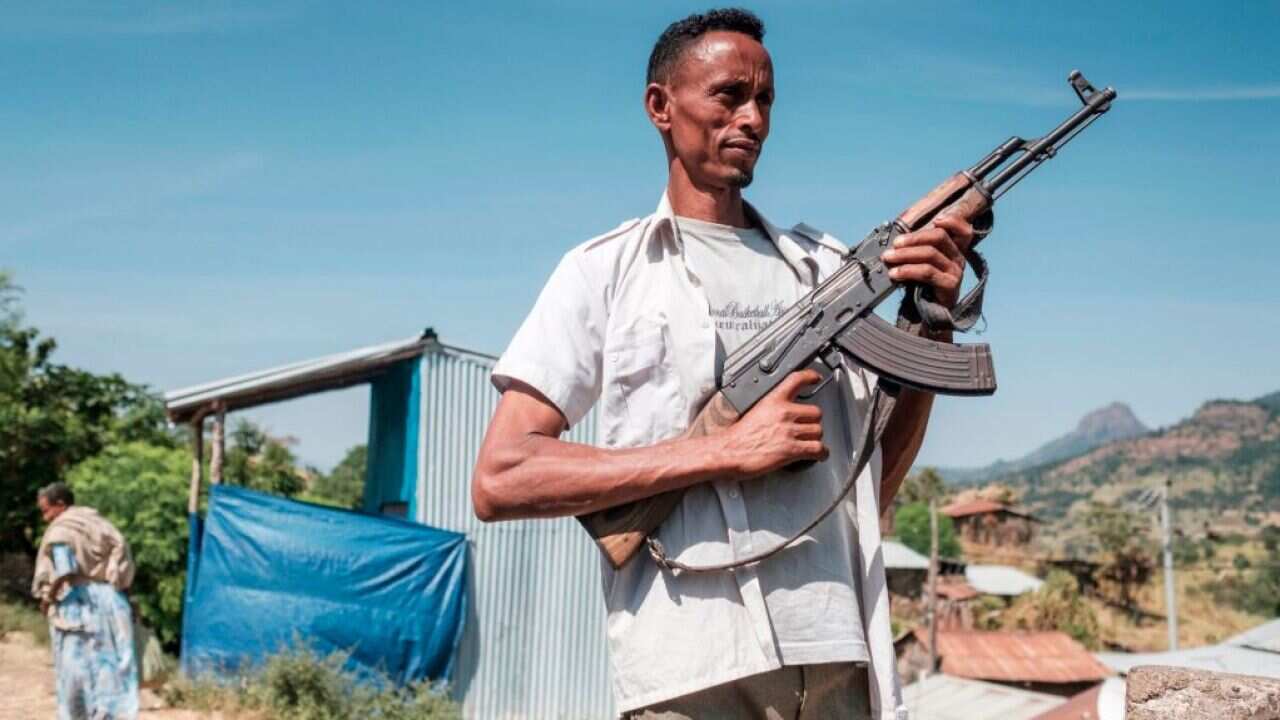Tsedal*, a young Tigrayan-Australian, has been working with a non-profit organisation in Ethiopia since getting her university degree in Australia four years ago.
Since the armed conflict broke out between Ethiopia and it’s restive northern Tigray region on 4 November, she has been stranded in Addis Ababa, desperate to return to Australia.
“I am witnessing people being harassed because of their ethnicity more than any time now, and I can no longer live and witness people killing each other. I am desperate to leave this country and arrive in Australia safely,” she told SBS Tigrinya.
At least 50 Australians are stranded in Tigray, in northern Ethiopia, where the armed conflict is simmering between the Tigray People’s Liberation Army and the Ethiopian military.
Stranded Australians are finding it increasingly very difficult to get flights with tickets costing up to $16,000.
However, Tsedal faces another difficulty as, she says, she can’t access her money kept in her bank account.
“My bank account is blocked and to cover the air ticket price, and for the hotel quarantine once I arrive in Australia is very high,” she says.
She says those who opened their bank accounts in Tigray, their access to the accounts is blocked anywhere in Ethiopia.
Hundreds of people are dead, and over 40,000 people have so far fled to neighbouring Sudan to escape the war. Local civilians have been asked to leave as the federal forces close in on the Tigrayan capital Mekel with the Tigrayan rebels rejecting the 72-hour ultimatum to surrender.
On Tuesday, Ethiopia's human rights commission accused a Tigrayan youth group of killing at least 600 non-Tigrayan people in northern Ethiopia. The commission said the "atrocious massacre" amounted to crimes against humanity and war crimes.
The impact of the war in the Horn of Africa is felt in Australia as well.

Dr Kiros Hiruy is a member of the Tigrayan community in Victoria and a senior researcher at the Swinburne University. He says Ethiopian authorities have been profiling Tigrayan people since the start of the conflict.
“My family members and others from Tigray have been called to submit documents of their properties. I don’t know what they are going to do with it; they might confiscate our properties,” he says.
He is also concerned about his younger brother, who is a mid-level army officer in the national defence force.
“He and other military personnel of Tigray origin have been disarmed and are now in prison. I don’t know what will happen to my brother and his other colleagues.”
French newspaper Le Monde reported last week that security staff at Addis Ababa airport had stopped several Tigrayan people from boarding flights to travel overseas.

Samuel Tesfamichale in Melbourne is in touch with many Australians who are stranded in Ethiopia. He says some people who were denied boarding shared their plight with him.
“We know some are returned from the airport simply because they are from [Tigray] region,” he says.
“There is a video on the social media showing people were rejected at the security gates from passing for boarding.”
Community calling for peace
The African community in Australia is calling for this “bloody war” to be resolved peacefully. A committee has been formed under the Tigray community association in Victoria to gather information about the Ethiopian Australians who are stranded in the war zone.
"We have been able to identify 50 Australian Ethiopians who are in Ethiopia, some of them in the war zone in Tigray. Because telecommunication and internet are cut in Tigray, there is no way to know what situation they are in,” says Mr Tesfamichael.
He says the details of the stranded Australians have been supplied to the Department of Foreign Affairs and Trade.
A DFAT spokesperson told SBS News that it is “working with international agencies to assist Australians understood to be in Tigray, including for those who wish to return to Australia”. facilitating onwards travel where possible and providing consular support.
It is asking Australians in the Tigray region who want to return to Australia to contact the Australian embassy in Addis Ababa.
The African-Australian community is calling on the Federal government to do everything it can to bring back stranded Australians. Members of the Tigray community are also organising peace rallies in Canberra and Melbourne on Thursday.
*Not her real name

